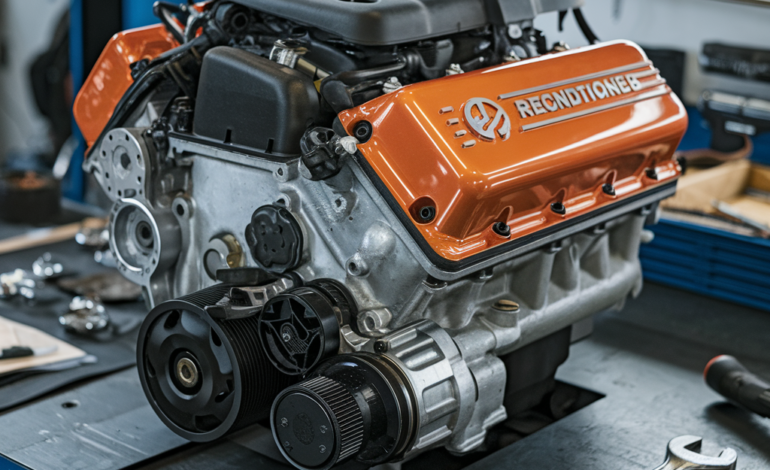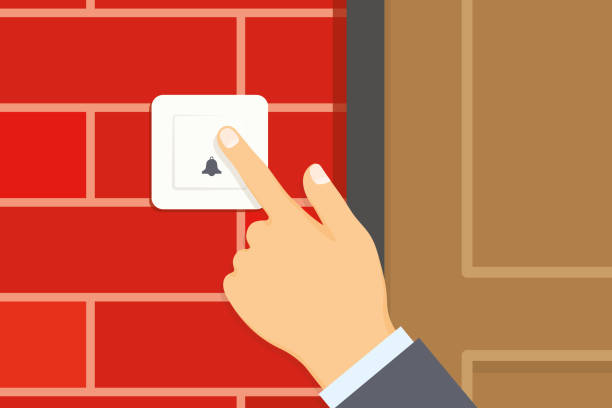Tips for Choosing a Quality Reconditioned Engine for Vehicle

Car breakdowns are an equal blend of financial strain and logistical headaches. The constant need for towing, and repairs, and the generally inconvenient reliance on public transportation can quickly test the wonder of car ownership. To many motorists, replacing the engine is the sole and supposedly cheaper alternative to dealing with a seized or failed engine. Of course, this is not always true.
Choosing reconditioned engines often proves to be a wiser alternative, although they may be dicey to figure out without prior knowledge of vehicles. This article will take you through the vital factors to consider before investing in a reconditioned engine. We are going to cover everything from understanding quality checks to knowing what questions you should be asking your mechanic all to let you make an informed decision and restore performance while keeping costs in check.
Compatibility
When choosing a reconditioned engine, compatibility is a major factor to observe. Ensure the engine is of the same make, model, and year as your vehicle because an incompatible engine will cause poor performance or damage altogether. You would not want to invest in an engine only to find it does not fit or work properly in your car.
Check with a good mechanic or go online for a matching chart for exact compatibility. There are many resources available that detail exactly which engines will work along seamlessly with your car’s specifications, and the more you use these tools, the less opportunity for expensive mismatches.
Engine Source
The source of a reconditioned engine will significantly affect the quality and reliability of the engine. Reconditioned engines can be sourced from junkyards, reconditioning companies, and even small-scale individual online sellers. The junkyards usually have relatively cheap engines but may not have thorough inspection or reconditioning processes, which can be a risk factor.
Of course, some individual online sellers may buy relatively cheap engines, yet they may not go through the proper refurbishing needed for an engine to provide decent service. If you want peace of mind then you must consider buying from a reputable reconditioning company. Reconditioning companies only re-manufacture engines, and usually, they have strict processes in place to assure quality. Be sure to research excellent reviews, experience, and warranty options.
Mileage and Condition
Be very watchful of mileage and condition when you opt for a reconditioned engine in your car. In general, low-mileage engines are considered better to purchase since they withstand less wear and therefore may function longer. It is not all about the mileage, though. Things that will concern you are, of course, the specific condition of the engine and what parts of it were replaced or rebuilt.
You can therefore ask the seller for information about the history of the engine, what parts were inspected, and what was repaired or replaced during the reconditioning. This could include major parts such as gaskets, seals, and even pistons.
Warranty:
When purchasing a reconditioned engine, you want to have a good warranty. It should include parts and labour for a certain period, normally ranging from six months up to a year or sometimes even more, depending on the seller. This warranty protects you from unforeseen problems arising after installation, as you would be able to get any defects or malfunctioning adjusted without extra costs.
Check the warranty details very carefully so that you know just what is cover and for how long. Some warranties will offer 100% coverage over a given period of time on all repairs and while others may only cover some parts or may not include labour charges.
Installation Process
Installing is not a simple and easy process sometimes. Installing a reconditioned engine is an art and requires precision. Avoid installing the engine yourself unless you have mechanical experience, because poor installation may result in poor performance or even re-damage of the engine and can have drastic effects. Find a qualified mechanic with ample experience working with reconditioned engines and with an understanding of the particular requirements for this type of work.
Ask him or her to check the state of the engine at installation for any signs of wear or misalignment. This will aid in the early detection of potential problems that may be affecting the engine. Let him or her follow all the manufacturer recommendations with respect to the model of your engine that will ensure good performance and warranty validity. For the best results from your reconditioned engine, proper installation is very important.
Conclusion
Compatibility, sourcing from a well-acknowledged seller, mileage and condition checks, warranty coverage, and proper installation and maintenance practices will attract confidence in your decision to invest in a reconditioned engine. This way, you won’t have any unexpected problems, and you’ll be able to make the most out of your investment for high reliability without the high cost of a brand-new engine.









